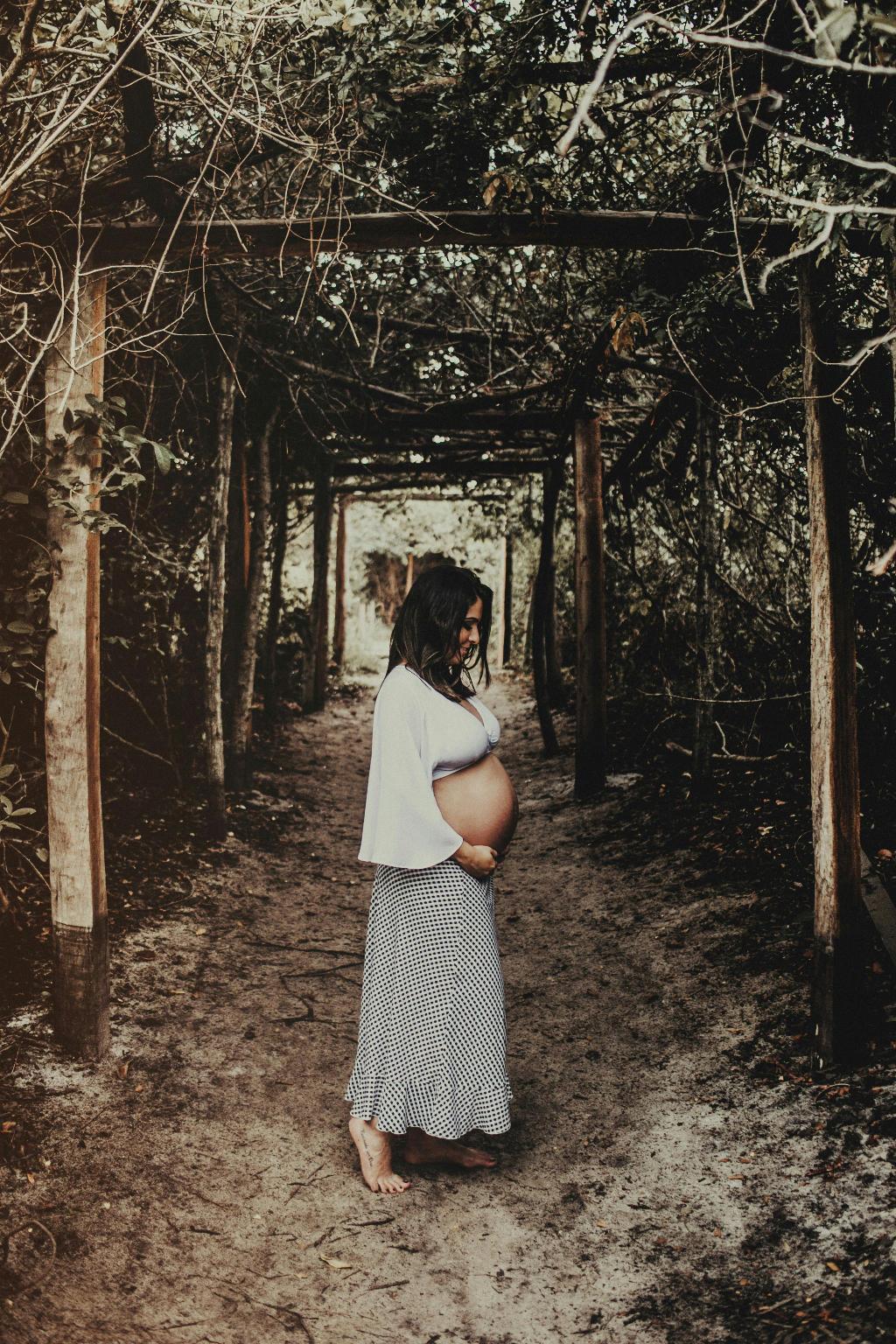When it comes to attending concerts during pregnancy, the safety factor is a crucial consideration for expecting mothers. It is natural to wonder about the potential risks and impacts that loud music and crowded environments may have on the developing fetus.
Based on available information, the consensus leans towards the idea that concerts are generally safe during pregnancy. Most concerts do not reach levels of sound intensity that could harm the fetus, nor do they typically last long enough to pose a significant risk. However, it is always wise to exercise caution and take some preventive measures, especially during the later stages of pregnancy when the baby’s hearing is more developed.
One essential point to remember is that a baby’s ability to hear sound in the womb starts around the 16th week of pregnancy. While the amniotic fluid offers some protection against sound, the baby can still perceive muffled noises. This means that loud music at a concert could potentially reach the fetus, albeit in a dampened form.
During the earlier stages of pregnancy, the risks associated with attending concerts are relatively low. The fetus is well-protected within the womb, and the intensity of sound required to cause harm is typically much higher than what is experienced at most concert venues.
As the pregnancy progresses, especially into the second and third trimesters, it becomes more important to be mindful of the surroundings and potential risks. The baby’s hearing becomes more acute, and prolonged exposure to loud noises could have some impact on their development.
While it may not be necessary to avoid concerts altogether during pregnancy, it is a good idea to take some precautions if you choose to attend. Consider wearing earplugs or staying further away from the speakers to reduce the intensity of sound reaching the fetus. These simple steps can help minimize any potential risks while still allowing you to enjoy live music.
Another aspect to consider is the overall environment at the concert venue. Large crowds, loud noises, and flashing lights can be overwhelming for some pregnant women, leading to stress or discomfort. It’s essential to prioritize your well-being and listen to your body’s signals during such events.
Consulting with your healthcare provider before attending a concert during pregnancy is advisable, especially if you have any specific medical conditions or concerns. Your doctor can provide personalized guidance based on your health status and the stage of your pregnancy, ensuring that you make informed decisions regarding your activities.
Ultimately, the decision to attend a concert during pregnancy is a personal one. While the general consensus is that concerts are safe for most pregnant women, it is essential to assess your comfort level, health status, and the specific circumstances of the event before making a choice. By staying informed and taking appropriate precautions, you can continue to enjoy music and entertainment while safeguarding the well-being of your growing baby.
In conclusion, while concerts are generally considered safe during pregnancy, it is crucial to be mindful of potential risks and take proactive steps to minimize any harm. By balancing enjoyment with caution and seeking guidance from healthcare professionals when needed, you can make informed decisions that support your health and the well-being of your baby.

